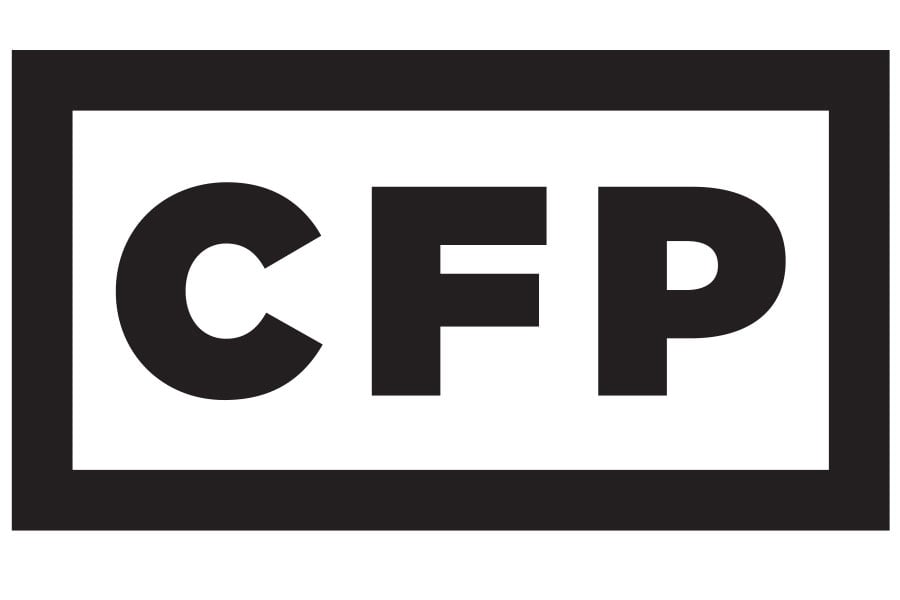

A financial advisor who allegedly neglected clients and a former broker who allegedly impersonated them can no longer obtain a certified financial planner credential.
Those are two of the dozen public sanctions recently announced by the Certified Financial Planner Board of Standards Inc. The CFP Board sets and enforces the educational, competency and ethical standards for the approximately 95,000 CFPs in the United States.
The CFP Board permanently barred Travis W. Hansberger of Wayzata, Minnesota, from holding a CFP mark after a CFP investigation found that Hansberger failed to act in a client’s best interests by recommending and executing trades for unsuitable investments, failing to oversee the client’s retirement funds, neglecting to meet with a client while her investments were losing value, and failing to conduct portfolio reviews and update and reallocate investment lineups.
The CFP Board probe followed an appeal of an April administrative order to permanently bar Hansberger from using the credential after Hansberger’s CFP certification expired in September 2021. The CFP appeals commission found that Hansberger failed to meet the deadline in responding to a board complaint.
Hansberger does not have a record in BrokerCheck or the Securities and Exchange Commission’s Investment Adviser Public Disclosure database. A website says he is president of Millstone Wealth Management. Hansberger did not respond to an email requesting a comment on the CFP Board’s punishment.
Over the last couple years, the CFP Board has cracked down on mark holders who fail to self-report misconduct.
In the recent sanction tranche, the organization also barred Richard H. Ivester, a former broker in Bothell, Washington, from using the CFP credential for allegedly violating his firm’s policies “when he impersonated a customer and requested a distribution on the customer’s behalf pursuant to an annuity contract.” His BrokerCheck record indicates that he was fired by LPL Financial last February over this allegation.
Ivester could not be reached for comment.
Fred D. Rouse III of Dresher, Pennsylvania, can no longer use the CFP credential after advertising that falsely portrayed an investment program he ran.
“CFP Board alleged that Mr. Rouse made misleading statements, such as claiming that individuals could be ‘100%’ certain’ to have all the money they needed to retire in ‘Just 3-5 Years,’ on his website and in a YouTube video created to advertise his retirement planning program,” the CFP Board stated in its news release. “CFP Board further alleged that the YouTube video, which targeted individuals in their fifties and sixties with underfunded retirement savings, was misleading because it appeared to be a news broadcast although it was, in fact, a paid advertisement.”
Rouse did not respond to a request for comment.
The CFP Board revoked the CFP mark for Susan Honig of Valley Village, California, for failing to cooperate with a CFP Board investigation centering on “her lack of diligence in corresponding with her clients and answering inquiries that came into her office.” Honig did not respond to a request for comment.
A permanent bar and revocation are the two harshest penalties the CFP Board can impose. Other sanctions include public censure and a temporary bar.

Futures indicate stocks will build on Tuesday's rally.

Cost of living still tops concerns about negative impacts on personal finances

Financial advisors remain vital allies even as DIY investing grows

A trade deal would mean significant cut in tariffs but 'it wont be zero'.

Inflation, economic risk is greater than previously thought.
RIAs face rising regulatory pressure in 2025. Forward-looking firms are responding with embedded technology, not more paperwork.
As inheritances are set to reshape client portfolios and next-gen heirs demand digital-first experiences, firms are retooling their wealth tech stacks and succession models in real time.
